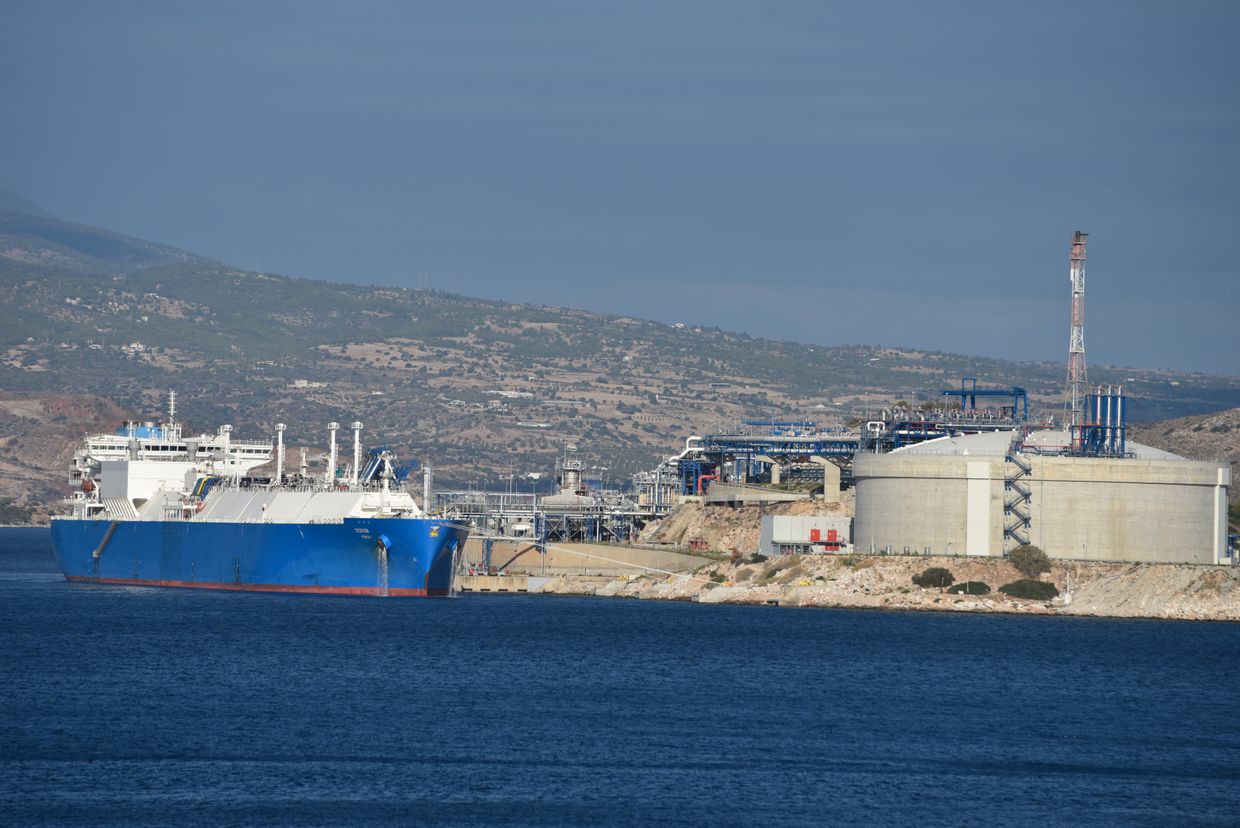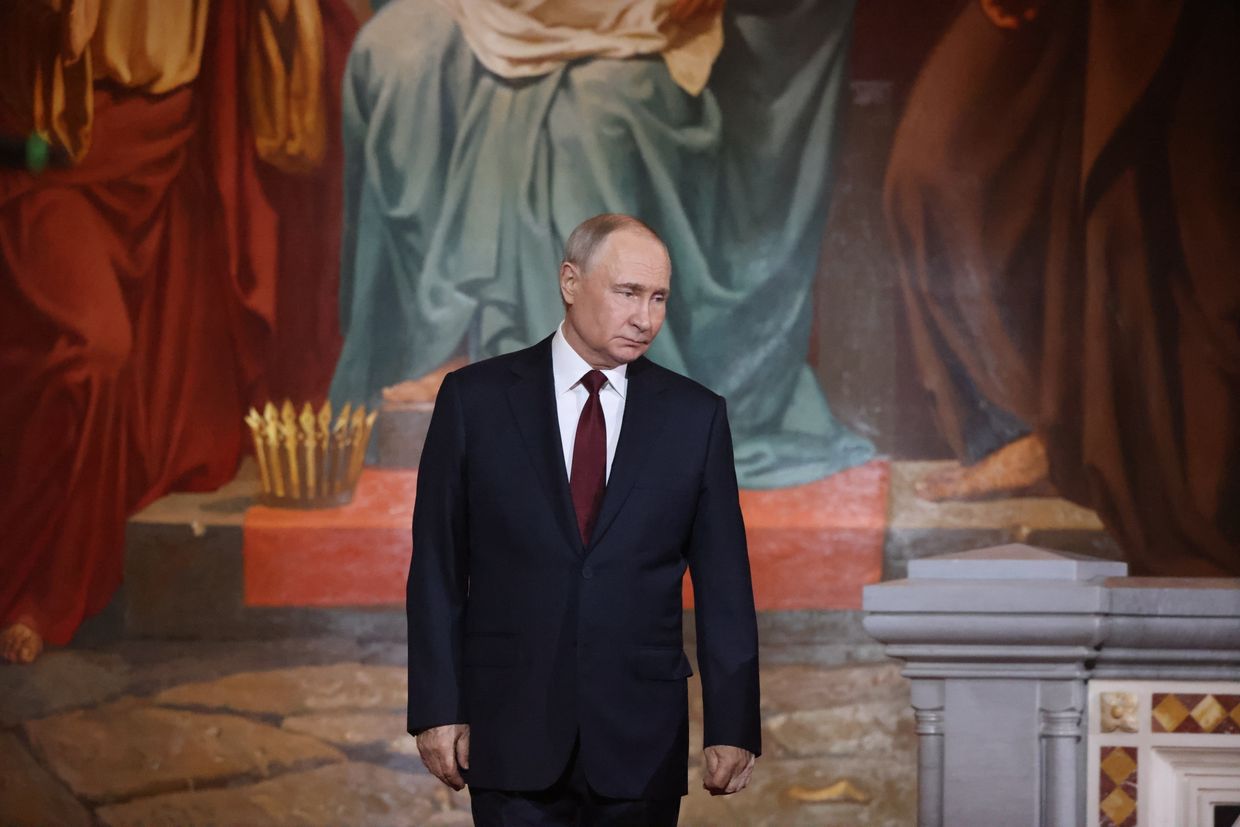After backlash, Austria scrambles to clarify: no return to Gazprom after Russia’s war in Ukraine

Austria’s energy ministry has denied that the country is considering resuming Russian gas imports after a potential peace in Ukraine, following controversial comments made by state secretary for energy Elisabeth Zehetner, Euroactiv reports.
While attending talks in Luxembourg on the EU’s Russian energy exit plan, Zehetner said on 16 June,
“Once the war is over, this must of course be taken into account,” she said. Reuters also reported that Zehetner also repeated these point to diplomats.
The remark, interpreted by many as a suggestion that Austria could return to importing gas from Russia’s state-controlled Gazprom, caused swift criticism from Austrian lawmakers in Brussels.
Ministry issues strong denial, calls claim “false”
On 17 June, the Austrian Energy Ministry released a statement denying any such plans, saying,
“The widely circulated claim that Austria wants to resume importing Russian gas after the war, let alone at the present time, is simply false.”
According to Euroactiv, the Ministry emphasized Austria’s alignment with the EU’s energy goals, stating that an EU ban on Russian gas would send “the right signal” to Moscow. However, the statement also noted that energy policy must ensure “affordable energy prices… also in the future.”
Austria’s energy concerns ahead of 2027 deadline
Euroactiv says Vienna has raised specific questions as the European Commission prepares to propose legislation to fully phase out Russian energy by 2027. Among the concerns are whether infrastructure for alternative sources will be ready in time, the potential impact on power and gas prices, and how to ensure future gas supplies are not indirectly linked to Russia.



